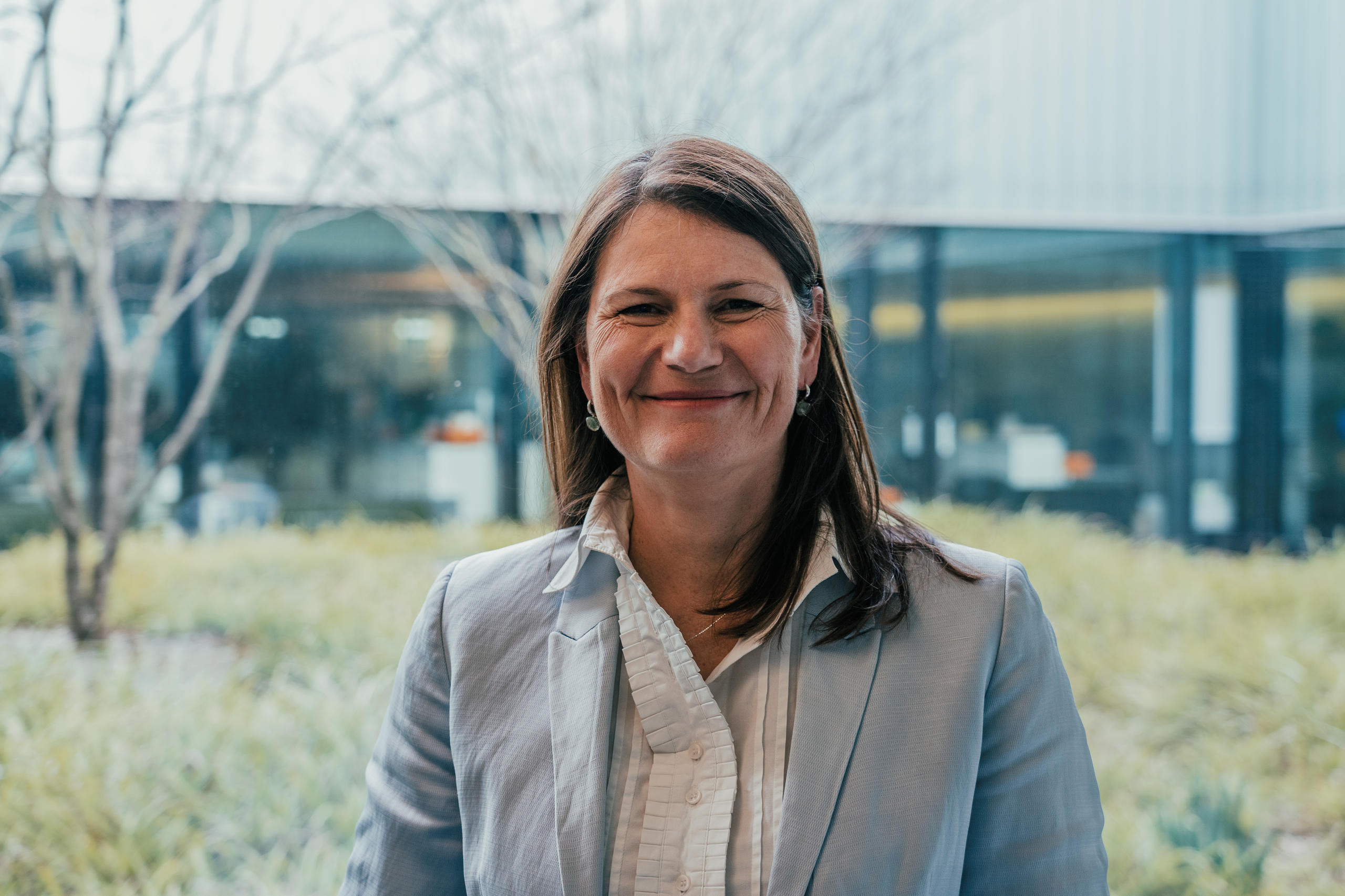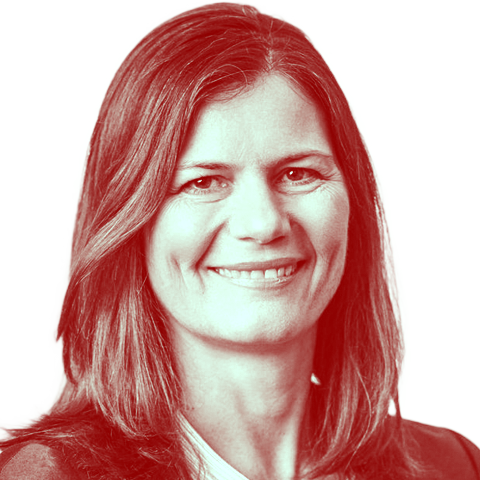Inflation and interest rates: how Switzerland is different

It will be a while before inflation drops again, according to Nannette Hechler-Fayd’herbe, head of investments at Credit Suisse. The economist says the inflation situation in the United States remains complicated, while a hike in Switzerland in 2022 can no longer be ruled out.
“Inflation can already be felt – also in Switzerland,” says Nannette Hechler-Fayd’herbe, Chief Investment Officer for International Wealth Management at Credit Suisse and global head of the bank’s internal research department. In fact, inflation in Switzerland is currently at 2.4% – and thus above the Swiss National Bank’s target of “less than 2%”. The last time inflation in Switzerland was this high was before the financial crisis of 2008.
Prices will rise even further because of the “geopolitical shock”, according to Hechler-Fayd’herbe. She is referring to the Russian war in Ukraine, which is once again driving up oil and gas prices.
Compared to other countries, however, inflation in Switzerland is still low. In the United States, the Labor Department said on Tuesday that its consumer price index jumped 8.5% in March from 12 months earlier, the sharpest year-over-year increase since December 1981. At 7.5% in March, inflation in the eurozone is also well above the target set by the European Central Bank (ECB). The United States Federal Reserve and the ECB are both aiming for an inflation rate of 2%.
How is Switzerland different?
Hechler-Fayd’herbe sees two main differences between Switzerland and other countries. Firstly, rents in Switzerland are not indexed, so they do not automatically increase with inflation. Secondly, Swiss electricity prices fluctuate less than elsewhere. Both these factors mean that prices in Switzerland go up comparatively slowly. “I am currently not worried about inflation in Switzerland,” she says.
The situation in the US is more complicated. “It will definitely be a while before US inflation drops again,” the expert adds.
Inflation expectations are central to Hechler-Fayd’herbe’s work. These increase, for instance, when people expect central banks to react too weakly to inflation. Interest rates would have to rise to 2.75% by the end of 2023 in order to keep inflation under control, she explains. Her assessment thus more or less coincides with that of the US Federal Reserve, which believes that an interest rate of 2.5% will stabilise inflation in the longer term.
“But the question will be whether the Fed can really raise interest rates above 2%,” says the economist. If a central bank increases interest rates too quickly, short-term loans suddenly become more expensive than long-term ones. In jargon, this is called an inversion of the yield curve.
Swiss interest rates could rise
Many experts, including Hechler-Fayd’herbe, regard inverted yield curves as a bad omen. “While inverted yield curves do not trigger economic crises, they are often an indicator of an impending downturn or recession,” she says. It is therefore possible that the Fed will refrain from raising interest rates too much. She thinks one thing is certain in any case: “inflation will not fall again so quickly”.
Credit Suisse expects a turnaround in Swiss monetary policy in 2023. By then, more than 180 months will have passed since the Swiss National Bank last hiked interest rates. Its key interest rate is currently -0.75%.
However, the National Bank’s key interest rate could rise soon, Hechler-Fayd’herbe believes, for example if the ECB increases its interest rates much earlier than expected. The ECB now no longer rules this out. And a higher inflation forecast by the Swiss National Bank could also lead to an earlier interest rate hike in Switzerland: “If the National Bank were to forecast inflation of over 2%, its key interest rate could start to rise again as early as 2022,” says Hechler-Fayd’herbe.

More
Geldcast update: how is the US labour market doing?
From stock exchanges and bitcoin to inflation and monetary policy – the Geldcast update podcast features the latest news and views from the world of international finance. Clear and entertaining for everyone who wants to stay up to date. The podcast is hosted by monetary economist and business journalist Fabio CanetgExternal link.
Subscribe to the Geldcast update in English on YouTubeExternal link. And you can find many more episodes in German on iTunesExternal link, SpotifyExternal link, or wherever you get your podcasts.
Author Fabio Canetg completed his doctorate in monetary policy at the University of Bern and the Toulouse School of Economics. Today he is a lecturer at the University of Bern.
As a journalist, he works for SRF Arena, Republik Magazin and SWI swissinfo.ch. He hosts the monetary policy podcast “Geldcast”.
Translated from German by Julia Bassam.

In compliance with the JTI standards
More: SWI swissinfo.ch certified by the Journalism Trust Initiative











You can find an overview of ongoing debates with our journalists here . Please join us!
If you want to start a conversation about a topic raised in this article or want to report factual errors, email us at english@swissinfo.ch.